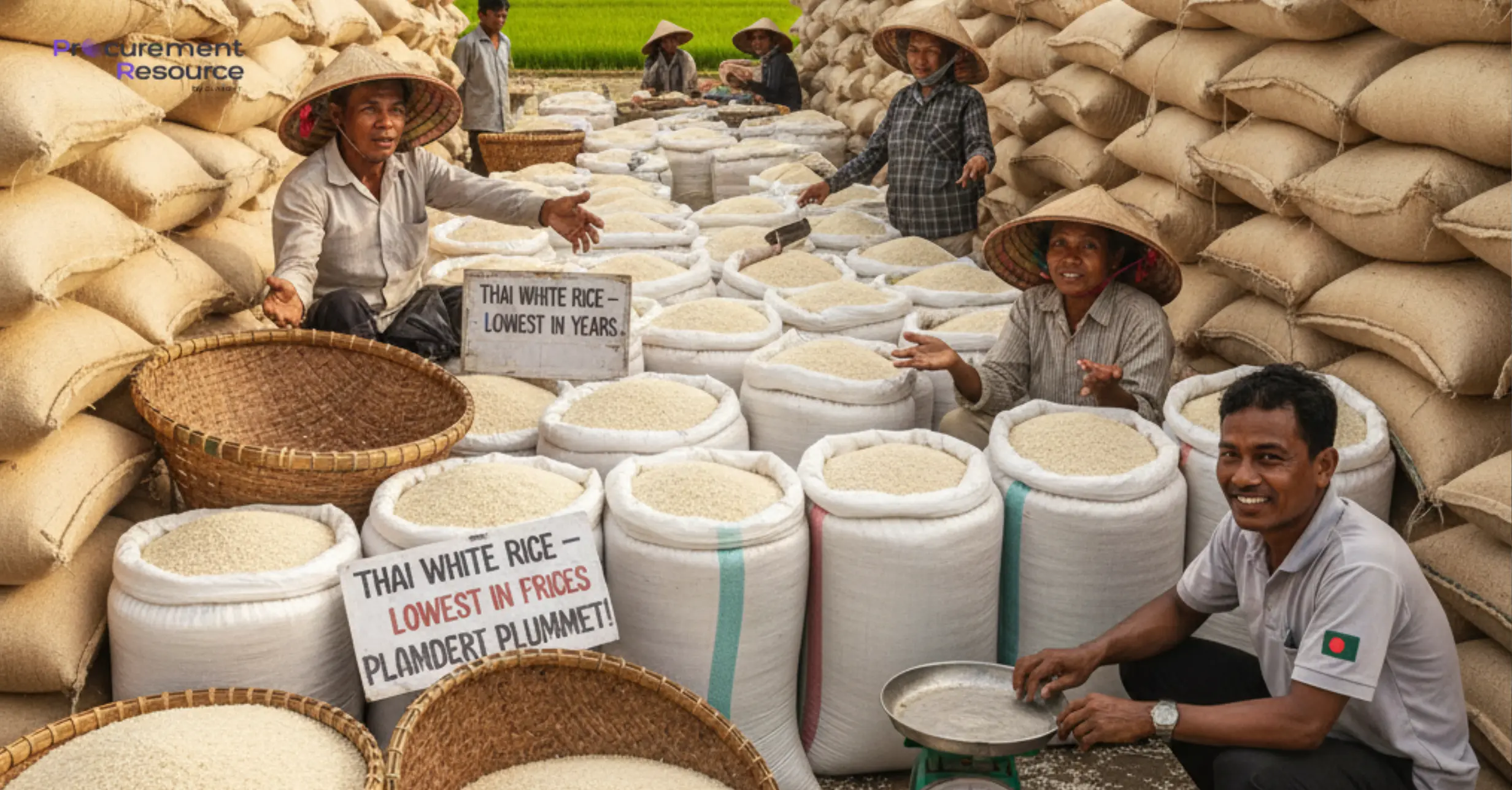The Spandex Price in China’s Domestic Market was Stable and had a Satisfactory Follow-up Demand

Soaring omicron coronavirus cases in Asia-Pacific have hampered the region's jet fuel demand recovery in the short term, as some airlines have been forced to reduce flight capacity due to stricter mobility restrictions.
Asian countries have slowed their response to COVID-19 because the lack of a robust domestic market for flight travel has slowed demand recovery. Australia's Qantas Group reduced capacity after the Western Australian government's recent decision to postpone reopening its borders indefinitely.
On January 21, it will reduce its planned domestic capacity by about 10% from February 5 to March 31 as a stopgap measure. The timing of Qantas' Perth-London route, which currently operates via Darwin and was scheduled to return to Western Australia in late March 2022, was also under consideration. Indigo, India's low-cost carrier, removed some of its flights on a case-by-case basis due to low passenger demand. They estimate that approximately 20% of our current scheduled operations will be cancelled.
The suspension of outgoing and ongoing passenger flights in India was extended to February 28 by India's Directorate General of Civil Aviation on January 19. The restriction does not apply to existing bubble arrangements for cargo and international flights. With the ongoing travel restrictions and stringent quarantine requirements, passenger travel remained extremely subdued throughout 2021. Tang reported that Hong Kong's flag carrier flew 717,059 passengers in 2021, up from 35.2 million in 2019 and 4.6 million in 2020.
As per JY Lim, advisor oil markets at S&P Global Platts Analytics, Asia's kerosene/jet demand should pick up as the outbreak is brought under control. According to Platts Analytics, Asia's kerosene/jet demand will increase to 675,000 b/d in the second half of 2022, up from 185,000 b/d in the year's first half. However, the market in 2022 is expected to be close to 23% lower than in 2019. What has caused consumer uncertainty is the removal and reintroduction of restrictions and uncertainty about which rules apply.
Prices were supported by lower production, with China's recent announcement of a lower oil export quota for 2022 likely exacerbating the supply shortage. According to market participants, Asian refiners have had little incentive to increase production due to general lack and weak regard for a robust domestic market that can support flight demand within the region.
Prices were supported by lower production, with China's recent announcement of a lower oil export quota for 2022 likely exacerbating the supply shortage. According to market participants, Asian refiners have had little incentive to increase production due to a weak regrade and a general lack of a robust domestic market that can support flight demand within the region.
Even though some Asian countries are opening their borders and easing restrictions on air travel, the region's jet fuel demand is set to hit a rough patch as the Russia-Ukraine crisis threatens to drive up aviation turbines fuel prices, reducing passenger traffic.

-(1).webp)

.webp)